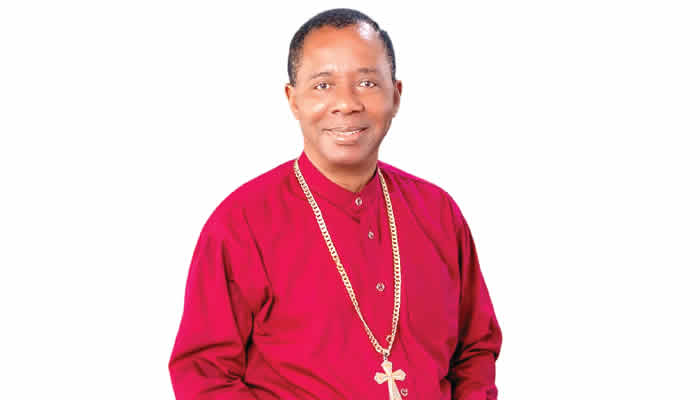2 Corinthians 4:7-11: “But we have this treasure in earthen vessels, that the excellence of the power may be of God and not of us. 8: We are hard-pressed on every side, yet not crushed; we are perplexed, but not in despair. 9: Persecuted, but not forsaken; struck down, but not destroyed. 10: always carrying about in the body the dying of the Lord Jesus, that the life of Jesus also may be manifested in our body. 11: For we who live are always delivered to death for Jesus’ sake, that the life of Jesus also may be manifested in our mortal flesh.”
God does not forsake or forgets His children even in adversity. When faced with life excruciating challenges and situations, sometimes, it may look like God has abandoned us, but the fact remains that whatever God permits is for the ultimate good. This is the reason Apostle Paul, while talking to the Roman Christians encouraged them thus: “And we know that all things work together for good to those who love God, to those who are called according to His purpose,” (Romans 8:28).
A brief summary of Apostle Paul vicissitudes in his apostolic journey, his concept and approach:
Apostle Paul’s apostolic journeys involved four voyages across the Mediterranean, establishing and strengthening churches despite facing significant hardships like mob violence and imprisonment. His approach focused on preaching about Jesus, grounding converts in faith, and forming communities of believers who were to live morally, believing that membership in Christ inherently changed their nature and conduct. His concept majored on the transformative power of the Spirit, where believers, united in Christ, become “dead to sin and alive to God,” producing “the fruit of the Spirit” as a natural outflow of their new identity.
Vicissitudes In His Apostolic Journey
Opposition and Persecution: Paul frequently encountered resistance and in Lystra, he was stoned and nearly died after the people initially tried to worship him. Later, in Ephesus, he faced a riot stirred up by idol-makers.
Imprisonment: His journeys often led to conflict with authorities, resulting in arrests. He was imprisoned for two years in Caesarea and later, while travelling to Rome, was held under house arrest for two years before eventually being martyred in Rome.
Physical Hardship: The journeys involved extensive travel over land and sea, enduring difficult conditions and dangers.
Spiritual Challenges: He also dealt with challenges within the nascent church communities, such as the behaviour of converts, not aligning with his expectations, which he addressed through teachings and letters.
Paul’s Concept and Approach
Core Message Of Transformation: Paul taught that becoming a Christian fundamentally changes a person, making them “dead to sin and alive to God.”
The Church As the Body of Christ: He viewed membership in the body of Christ as a life-changing reality that should dictate a person’s actions and conduct.
Ethical Living And Fruit Of The Spirit: Paul held an absolutist ethical standard, believing that those in Christ should strive for moral perfection and naturally produce the “fruit of the Spirit,” which are love, joy, and peace, among others.
Establishing and Consolidating Churches: His missionary strategy involved traveling to new regions, preaching the gospel, establishing new Christian communities, and then revisiting existing churches to reinforce teachings and foster growth.
Theological Contributions: Paul’s extensive stay in cities like Ephesus allowed for significant theological development, reflected in the influential letters he wrote to the churches he founded.
• The Venerable Dr. Stephen Wolemonwu is Rector, The Ibru International Ecumenical Centre, Agbarha-Otor,Delta State (08035413812)






